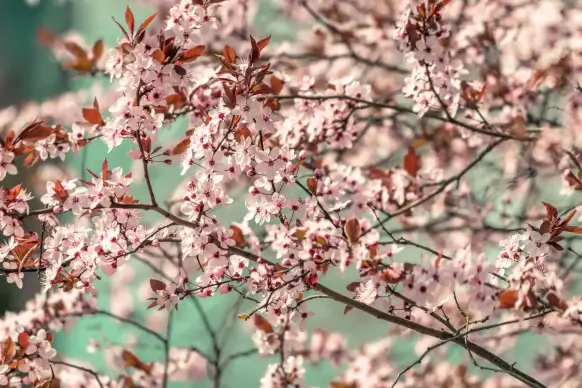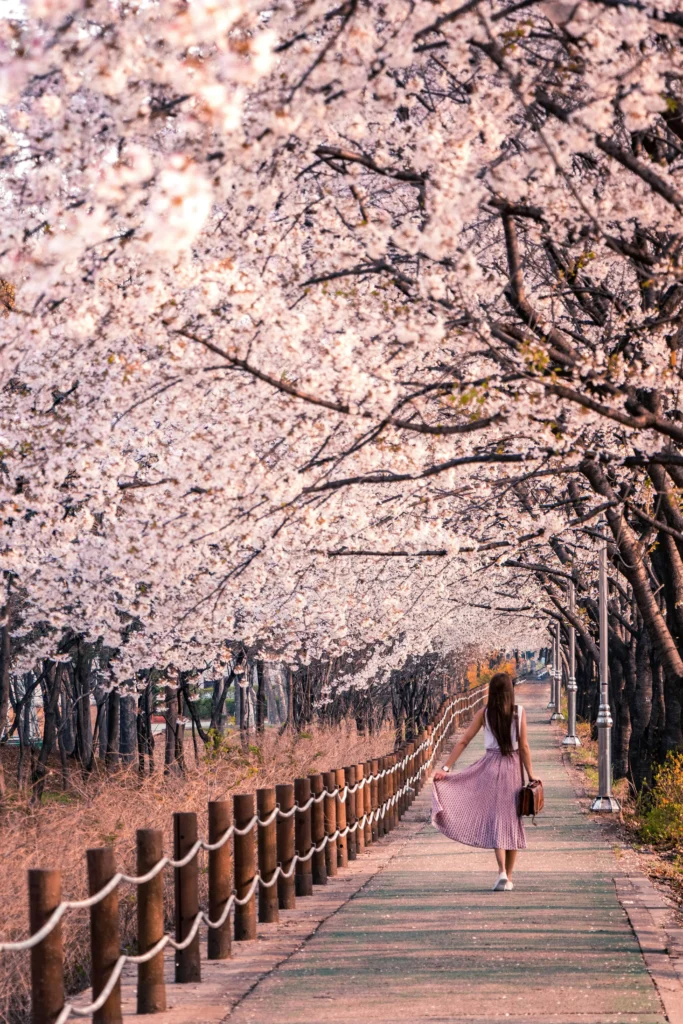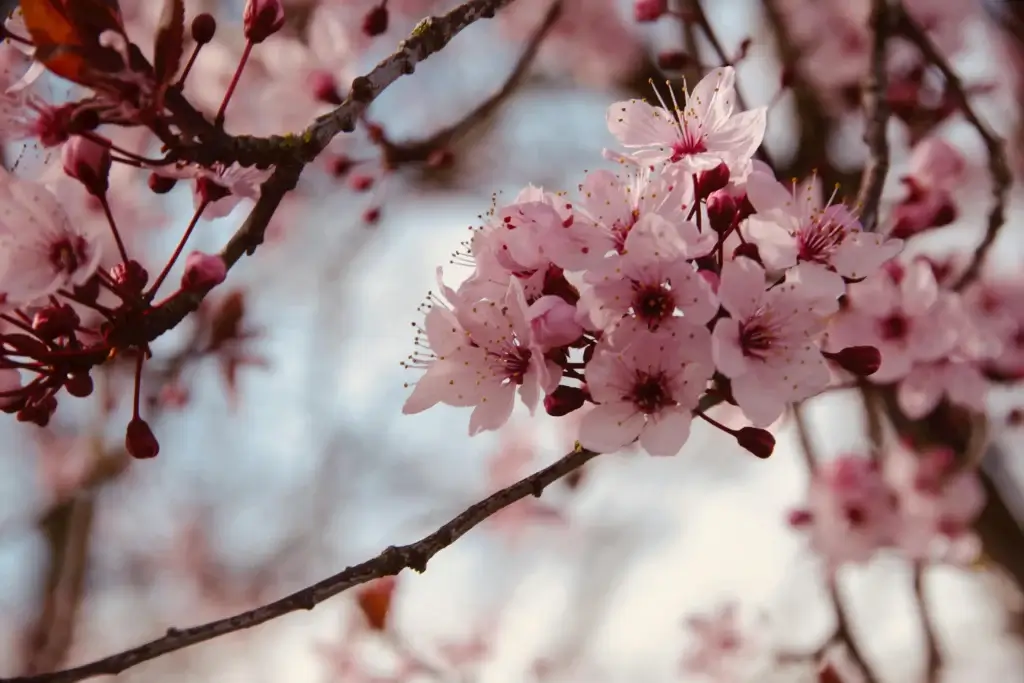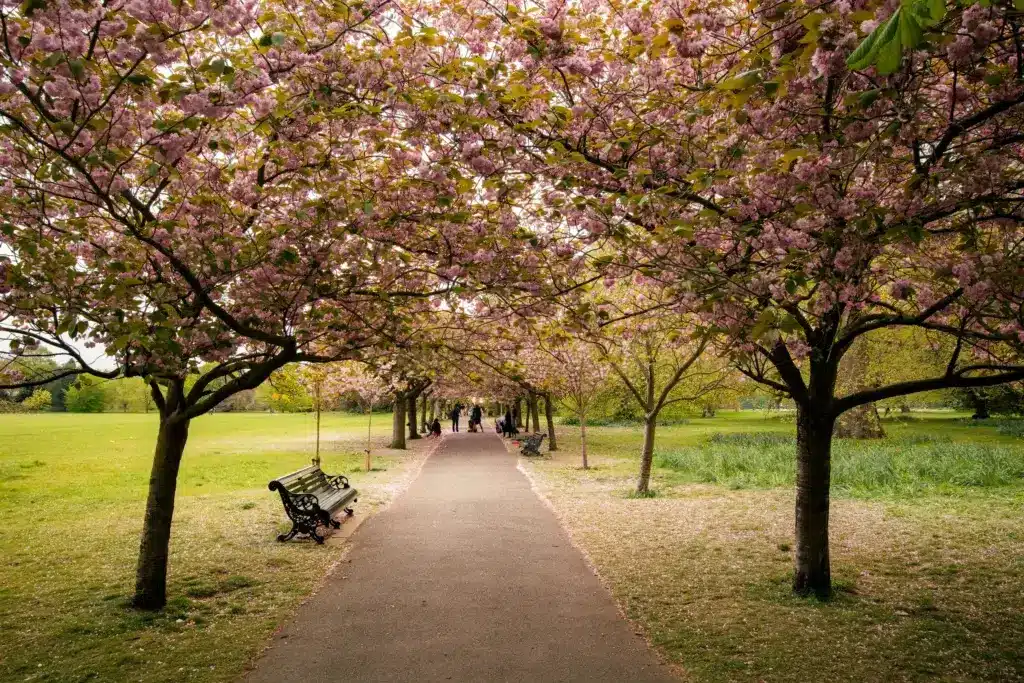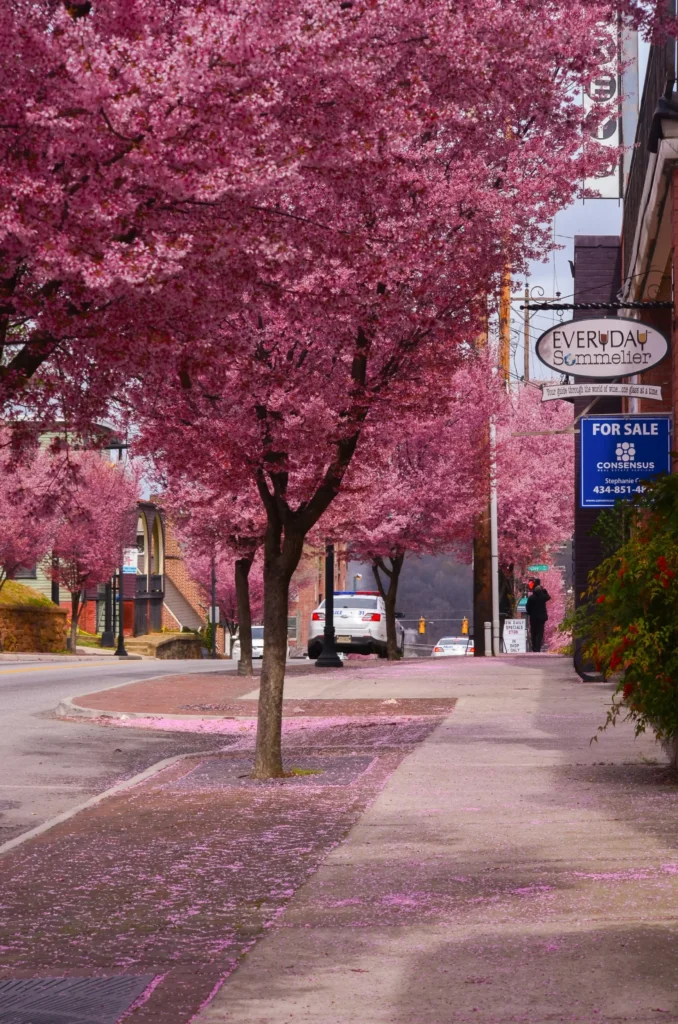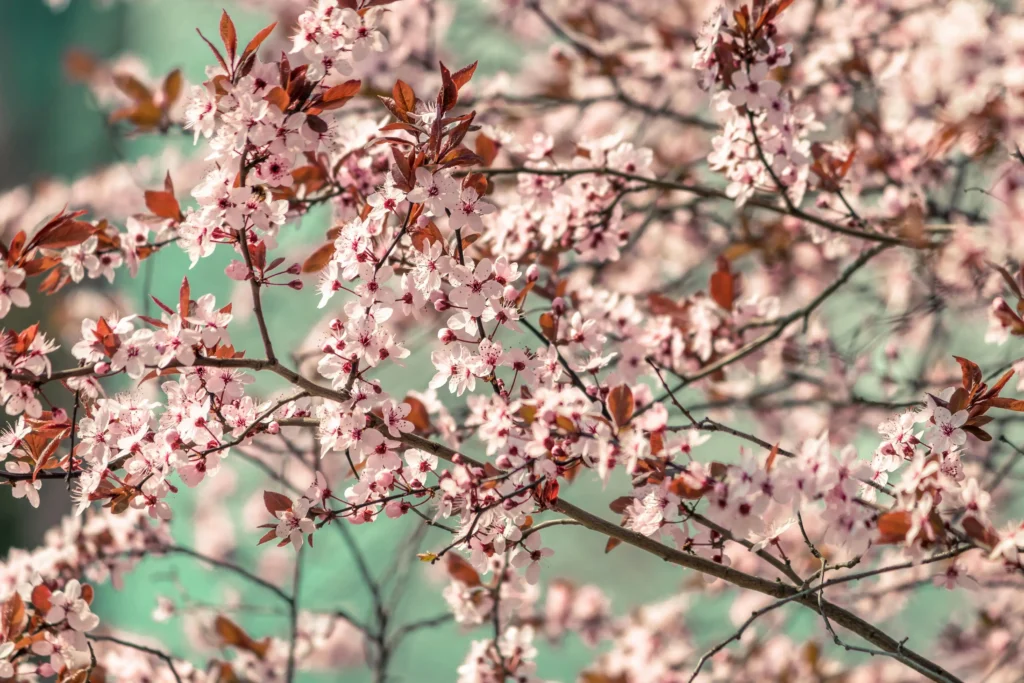Unraveling the Multifaceted Tapestry of Symbolism, Artistry, and Transience
Intro:
In the embrace of spring’s gentle breath, where the atmosphere is drenched in the delicate fragrance of cherry blossoms, a father and son set forth on a profound expedition through the intricacies of Japanese gardens.
With every step, their discourse unfolded like a finely woven haiku, exploring the layered poetry concealed within the ephemeral beauty of cherry blossoms.
Dad’s Poetic Prelude:
Father: “Son, have you ever pondered the intricate poetry inscribed within cherry blossoms? These ethereal blooms are not mere flowers; they are verses that echo through time.”
Son: “I never thought about it that way, Dad. What makes them so special?”
Father: “Come, my child. Let me unveil the layers of verse hidden within the dance of petals.”
Chapter 1: The Dance of Transience
Father: “Cherry blossoms, or ‘sakura’ in Japanese, are maestros in the symphony of impermanence.
Their blossoms, like fleeting notes, remind us that life is a transient melody. Each bloom is a whisper, urging us to savor the present moment.”
Son: “So, they’re like the fleeting moments in our lives?”
Father: “Precisely. Each petal pirouettes in the breeze, a visual metaphor for the transient beauty of life itself.”
Chapter 2: Hanami – A Communion with Nature’s Poem
Son: “What’s the significance of Hanami, Dad?”
Father: “Hanami is a sacred tradition, a collective ode to nature’s poetry.
People gather beneath cherry blossoms not just for a picnic but to commune with the natural verses.
It’s a celebration of life’s fleeting beauty, an acknowledgment that poetry is often written in shared experiences.”
Chapter 3: Wabi-Sabi: Embracing Imperfect Beauty
Son: “Why do they appear imperfect with some petals falling off?”
Father: “Ah, that’s the essence of wabi-sabi, my son. Imperfection tells a story of uniqueness.
The fallen petals add character, akin to the imperfections in our own lives, making us beautifully distinctive.”
Chapter 4: Symbolism in Every Petal’s Whisper
Son: “I heard cherry blossoms have symbolic meanings in Japan.”
Father: “Indeed, they are rich in symbolism.
They signify renewal, the transient nature of life, and the fragility of beauty.
Each petal is a silent poem, woven into the cultural fabric, whispering stories that resonate through generations.”
Chapter 5: The Artistry of Gardenscapes
Son: “Why are Japanese gardens so meticulously designed?”
Father: “Japanese gardens are canvases where nature meets art.
Every element, from carefully placed stones to the orchestrated arrangement of cherry trees, is deliberate.
It’s an art form that mirrors the harmony and balance found in nature.”
Conclusion: Echoes of Poems in the Breeze
As the father and son concluded their odyssey through the poetic sanctuary of cherry blossoms, the garden resonated with the echoes of silent poems, each petal narrating a unique story.
The ephemeral beauty of sakura, the immersive essence of hanami, and the profound symbolism etched into each petal collectively wove a tapestry where poetry transcended language, becoming a dance in the breeze and a living canvas painted in hues of pink and white.
May you, too, find the profound poetry concealed within the delicate folds of cherry blossoms, and may the fleeting beauty of nature inspire verses in the garden of your own ever-evolving life.

